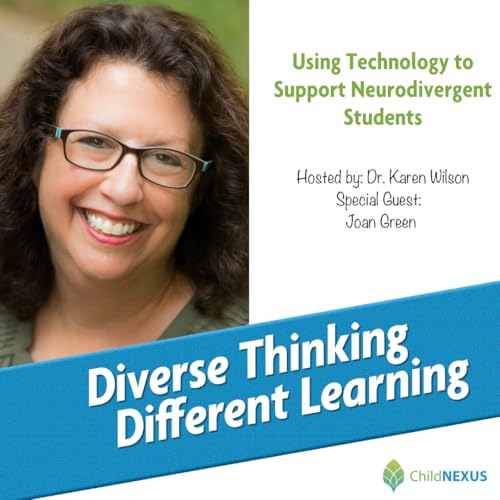I am so happy to welcome Dr. Ellen Braaten back for her third time on the show! In case you missed those episodes and/or need a refresher, Dr. Ellen Braaten is the founding director of the Learning and Emotional Assessment Program at Massachusetts General Hospital and an associate professor at Harvard Medical School. She is a prolific researcher and author whose work focuses on ADHD, learning disorders, child psychopathology, processing speed, intelligence, and children's motivation, including bestselling books for parents and professionals. Deeply committed to public education, she frequently speaks on child mental health topics and contributes to both local and national media.
In our conversation, we talk about why unmotivated kids rarely fit neatly into a single category, with Dr. Braaten explaining that children may struggle with motivation for a variety of reasons, such as cognitive overload, emotional fatigue, repeated failure, or even a lack of clear identity. She also explains why framing these challenges as brain-based skills, rather than personal failings, can help change the way parents and clinicians respond. We also discuss the narrowing of opportunities in schools today, why kids need space to discover their own strengths beyond academics and athletics, and how uncomfortable emotions such as shame, anxiety, or regret can silently block motivation.
Dr. Braaten's workbook is designed not just for children but for the adults supporting them, and she shares how parents, teachers, and therapists can use its activities to spark meaningful conversations, assess where a child gets stuck, and offer guidance without shame. It's about collaboration, not enforcement, and about helping kids take ownership of their growth while navigating setbacks safely.
This episode of the show will surely resonate with anyone supporting tweens and teens, whether you're a parent, educator, or clinician, and offers strategies to help young people (and even adults) rediscover what matters to them, reclaim their motivation, and move forward with confidence!
Show Notes:
[2:09] - Hear how Dr. Ellen Braaten realized poor motivation affects everyone, especially during stressful, sleep-deprived times.
[5:40] - Motivation consists of initiation, persistence, and desire, and can be treated as a learnable skill.
[7:56] - Dr. Braaten discusses how kids today struggle to find identity due to overwhelming choices and early specialization pressures.
[9:52] - Dr. Braaten argues that strengths extend beyond academics and sports, yet schools rarely provide opportunities to explore diverse talents.
[11:51] - Hear how setbacks, injuries, or missed guidance can lead to regret.
[13:44] - Breaking motivation into initiation, intensity, and persistence can help kids, parents, and clinicians clarify obstacles.
[16:28] - Dr. Braaten points out how even small changes, like better sleep, improve motivation.
[18:04] - Parents should balance support and independence, empowering children while preventing guilt or overwhelming hovering.
[21:18] - Anxiety and post-pandemic habits have reduced face-to-face engagement, creating cycles that undermine motivation.
[23:04] - Dr. Braaten's workbook is best used with adults as guides, sparking conversations about identity and priorities.
[26:05] - Hear how to contact Dr. Braaten.
Links and Related Resources:
-
Episode 61: Slow Processing Speed with Dr. Ellen Braaten
-
Episode 107: How to Motivate Kids Who Couldn't Care Less with Dr. Ellen Braaten
-
Dr. Ellen Braaten & Hillary Bush - The Motivation Mindset Workbook: Helping Teens and Tweens Discover What They Love to Do
Connect with Dr. Ellen Braaten:
 Feb 3 202628 m
Feb 3 202628 m 40 m
40 m 38 m
38 m Dec 16 202542 m
Dec 16 202542 m 31 m
31 m Nov 18 202540 m
Nov 18 202540 m 42 m
42 m 51 m
51 m
